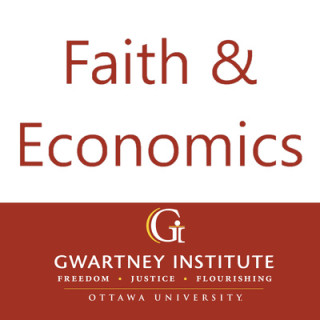

In this week's podcast, Dr. Justin Clarke takes the team through his experiences of timeshare presentations. Justin and Russ both have been through multiple timeshare presentations, and Justin brings a great argument to the table that everyone can use in their life. Justin asks during the podcast if it's okay to be irrational at times, and tells the audience at the end to be able to pull the "no" card out of your pocket in certain situations. We hope you enjoy it!
Timeline:
It's okay to be irrational - 5:30
Is rationality a constraint? - 9:05
Strategic irrationality is a tool - 14:20
Embrace a certain irrationality - 19:30
Some truths aren't expressable - 24:30
Back to loving freedom - 27:50
Quote of the Cast:
"How do we get out of this sales pitch?" - Russ
"I would punch that Tortoise in the face!" - Luke